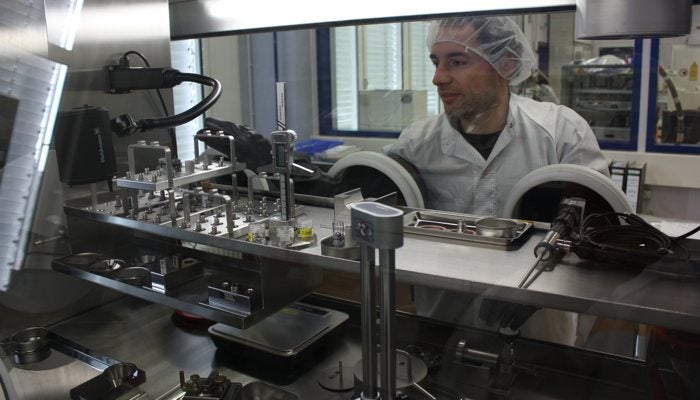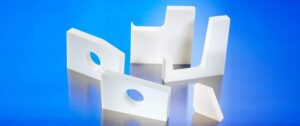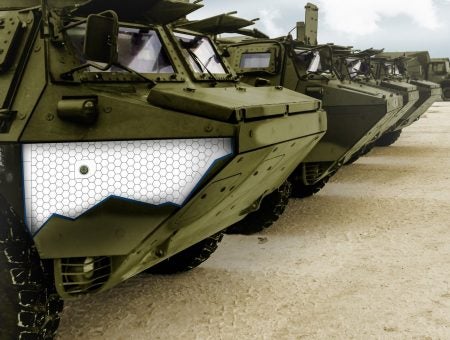CeramTec Produces Technical Ceramics for Space Exploration Mission

Materials science lab trial at Astrium.
CeramTec is producing ceramic components for Astrium’s experimental unit, which will be integrated in the International Space Station (ISS) in July 2014. The sophisticated, complex silicon nitride components are required for specimen holders. This equipment will be used to analyse material science experiments under zero-gravity conditions in space. The parts will be used in the "Materials Science Lab – Electromagnetic Levitator" (MSL-EML) experimental unit, which will be integrated in the European science lab, called Columbus, on the ISS in July 2014.
The unit can perform precision measurements that are not yet possible on earth in a temperature range from +400°C to 2,000°C for specific thermophysical properties of chemically aggressive molten metals. This enables scientists to analyzs the early phases of development of a material’s microstructure. The objective of these types of studies is to deepen our understanding of transfer processes, atomic structures and material properties, which in turn will allow manufacturers to refine, improve and re-invent their production methods, materials and products.
A variety of cylindrical and cage specimen holders made of silicon nitride are used here. The specimen holders enter a coil that contains metal alloy specimens that remain suspended by electromagnetic fields without any contact whatsoever with their surroundings. The specimens are melted, cooled in their liquid state and then re-solidified for the experiments.



